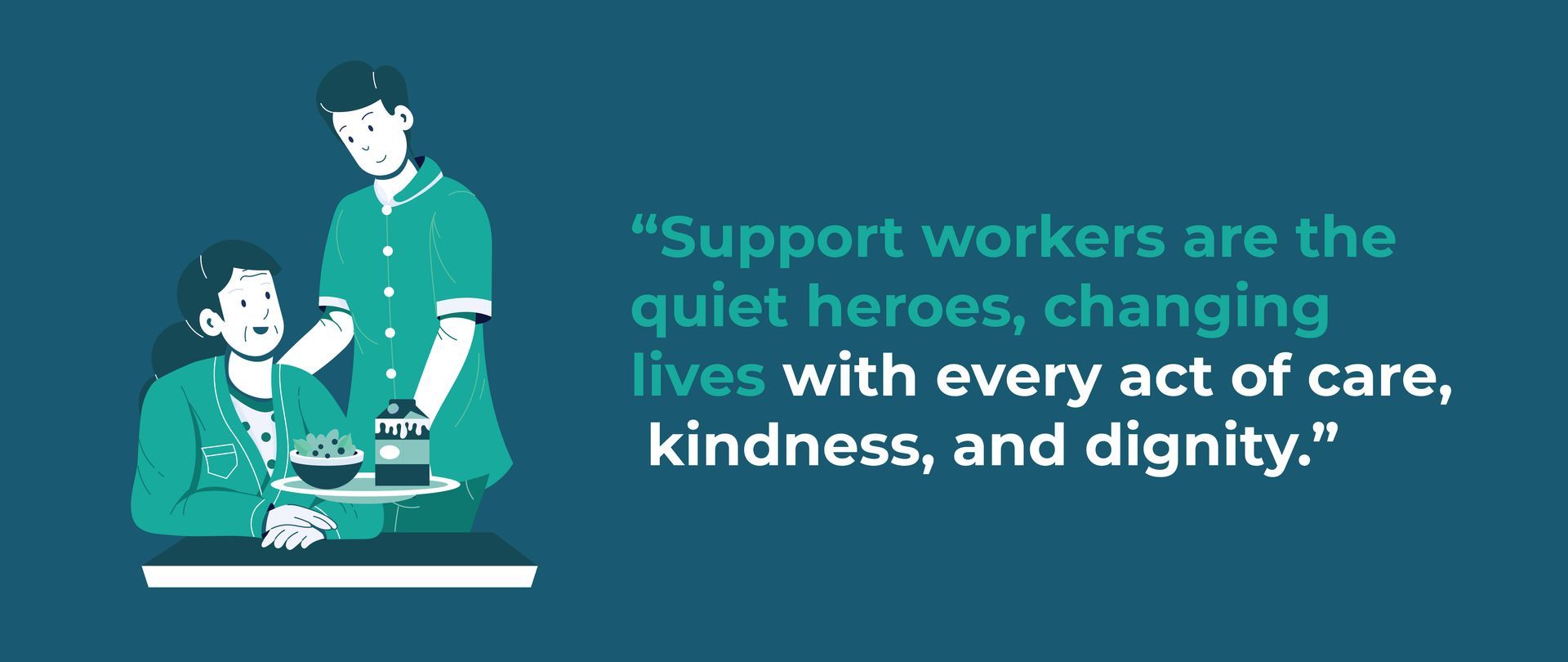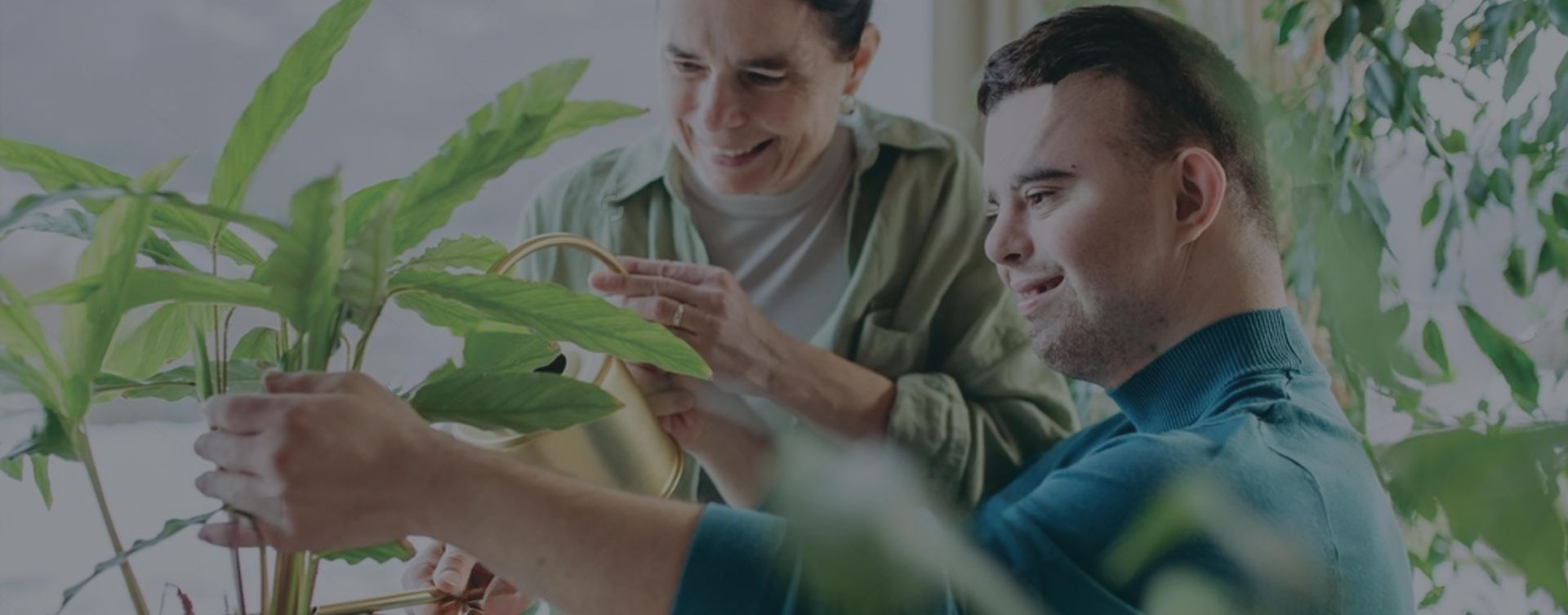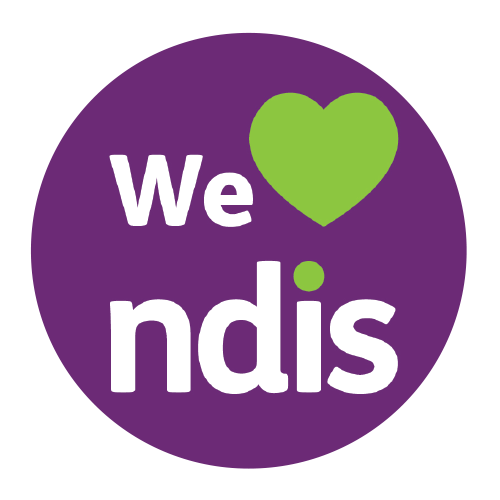Signs You’re Meant to Be a Support Worker
You Were Made for This:
The Qualities That Make a Great Support Worker –
and How to Grow Them
Support work is not just a job. It’s a quiet kind of strength, a steady hand, and a heart that chooses care—again and again. At Health Staff Australia, we’ve seen firsthand the impact a truly compassionate support worker can make. But what is it that makes someone right for this role? And how can you grow into the kind of carer you aspire to be?
Whether you’re new to the field or have been walking alongside others for years, this is for you.
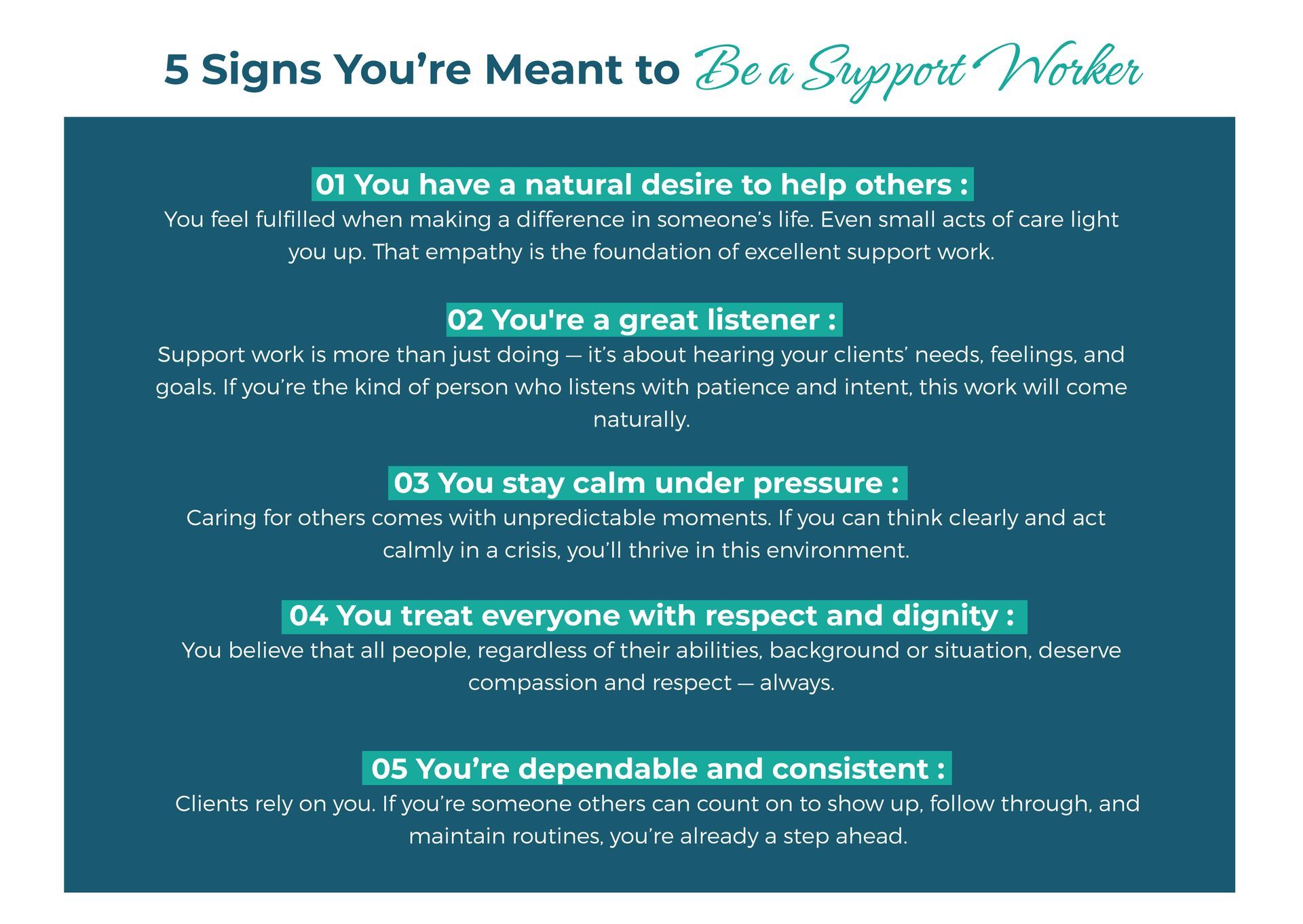
You Might Be Meant for This If...
You find yourself caring deeply about others, often putting their comfort before your own. You don’t do it for recognition—you do it because it feels right. That natural empathy is one of the clearest signs that you were made for this kind of work.
You’re a listener. Not just to respond, but to truly understand. You see people beyond their diagnosis, their behaviour, or their past—you see their story. And when things get tough, you’re the calm in the room. You don’t panic; you pause, breathe, and act with purpose.
Respect is second nature to you. You treat everyone with the dignity they deserve, no matter their background or ability. And when people need you, you show up. Dependable. Consistent. Caring. If this sounds like you, then you’re already carrying the heart of a support worker.
Building the Skills That Matter Most
While some qualities come naturally, others are built through experience, self-awareness, and a willingness to grow. One of the most important is communication—the kind that builds trust with clients and families alike. This doesn’t mean you have to be loud or outgoing. It means learning to speak clearly, listen patiently, and hold space when someone needs to be heard.
Then there’s emotional intelligence—the ability to read a situation, respond with empathy, and manage your own reactions. It’s a skill that takes time, but with reflection and support, it becomes one of your greatest tools.
In this line of work, no two days are ever the same. That’s why adaptability matters. Being flexible, staying curious, and keeping an open heart helps you meet each moment as it comes—with confidence.
Time management might not sound inspiring, but it’s a quiet superpower. Staying organised, planning ahead, and managing routines allows you to give your best without becoming overwhelmed.
And perhaps most importantly—setting boundaries and practicing self-care. You cannot pour from an empty cup. Knowing when to rest, how to say no, and when to ask for help is not weakness—it’s wisdom. It ensures you can continue showing up, fully and joyfully.
You’re Not Alone—We’re Here for You
At Health Staff Australia, we see you. We see the work you do, the hours you put in, the kindness you offer. And we’re here to support you. That means checking in, offering growth opportunities, and celebrating you as more than just a shift on a roster. You're a valued part of a bigger purpose.
If you’re already part of our HSA family, we’d love to stay in touch. Join our monthly mailing list for job updates, training opportunities, and messages of encouragement. Just send us a message and we’ll add you in.
And if you’re thinking about stepping into this field—know this: the world needs more hearts like yours. You don’t have to be perfect. You just have to care.
💌 Because care starts with people. And it always starts with you.
Let us know if you would like to change career and become a support worker – someone who truly cares – email us today
info@healthstaff.au and let’s make a difference together!
